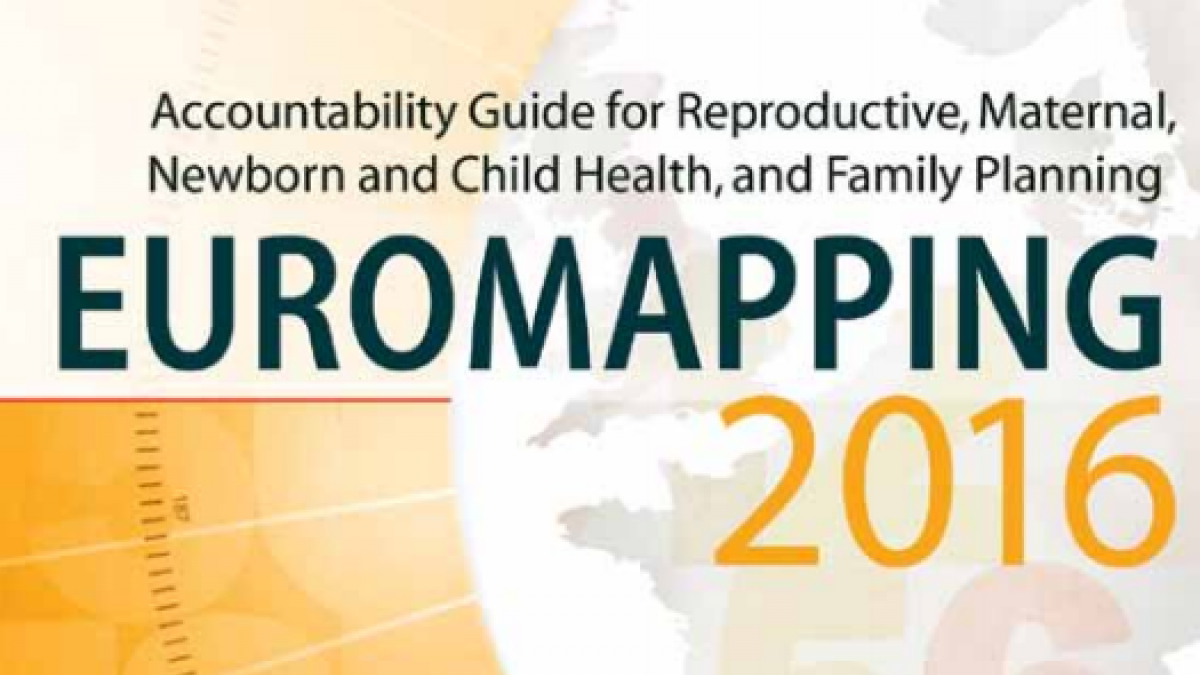
Publication:
For its 2016 edition, Euromapping focuses on tracking ODA funding from donor governments for RMNCAH and FP. The development community has moved from the MDGs to the 2030 Agenda for Sustainable Development and the SDGs. RMNCAH and FP face an important challenge: they, together, are key to achieving sustainable development and ensuring that all human beings can fulfil their potential in a dignified and equal way; however, they also represent the most off -track of the MDG targets. Aside from the SDG process, tracking RMNCAH and FP is crucial for assessing progress under the agendas of the International Conference on Population and Development (ICPD) Program of Action (Cairo, 1994) and Beijing Platform for Action (Beijing, 1995); both of these processes are essential to the success of the 2030 Agenda.
Euromapping 2016 bridges the data gap between the data represented in the most recent Euromapping report (covering 2012-2013), and the most recent year for which official OECD data is available, 2014. It reviews the data between 2011 and 2014, analysing the trends affecting funding for RMNCAH and FP. The purpose of Euromapping 2016, in setting out this analysis, is to become an important advocacy tool to hold donors to account on their funding commitments.
It is clear that, to reach the SDGs, a multi-stakeholder approach will be crucial. Development partners – donors and civil society – will have to work together at all levels to ensure progress on the goals. Given that RMNCAH and FP are important in achieving many of the SDGs’ targets, they ought to be high on all partners’ agenda.